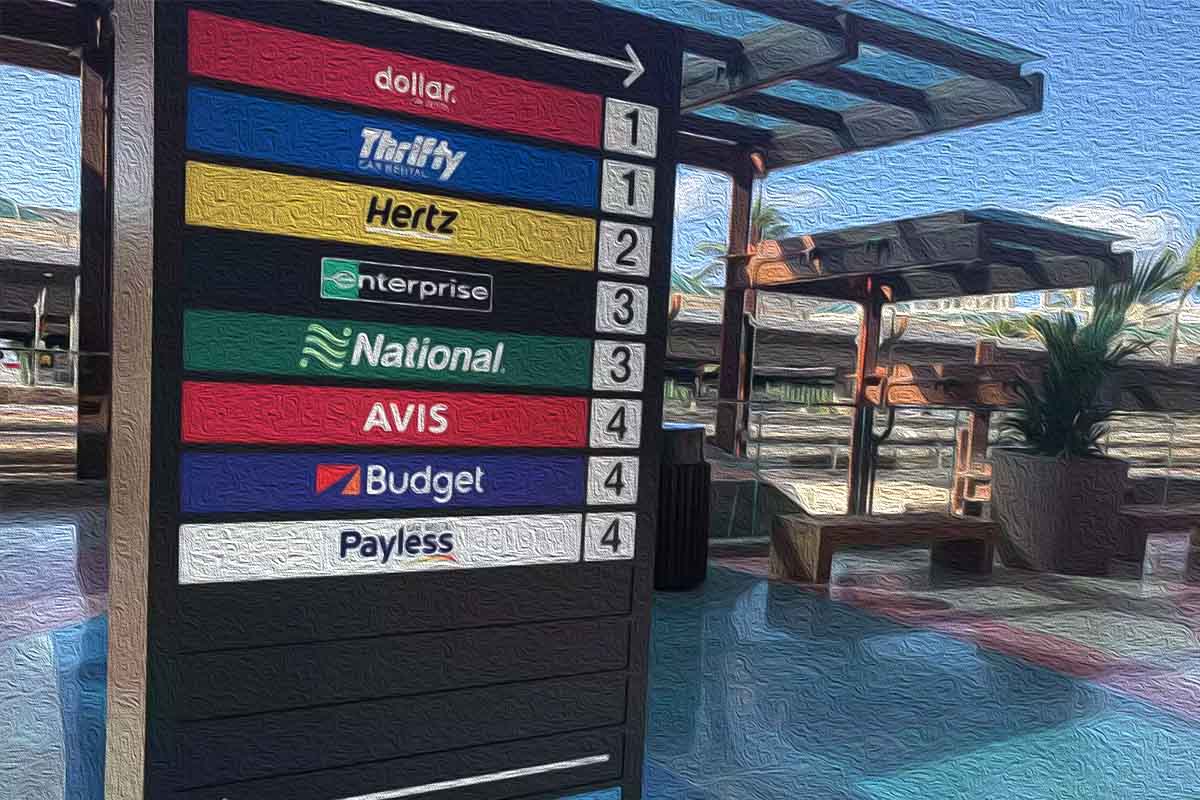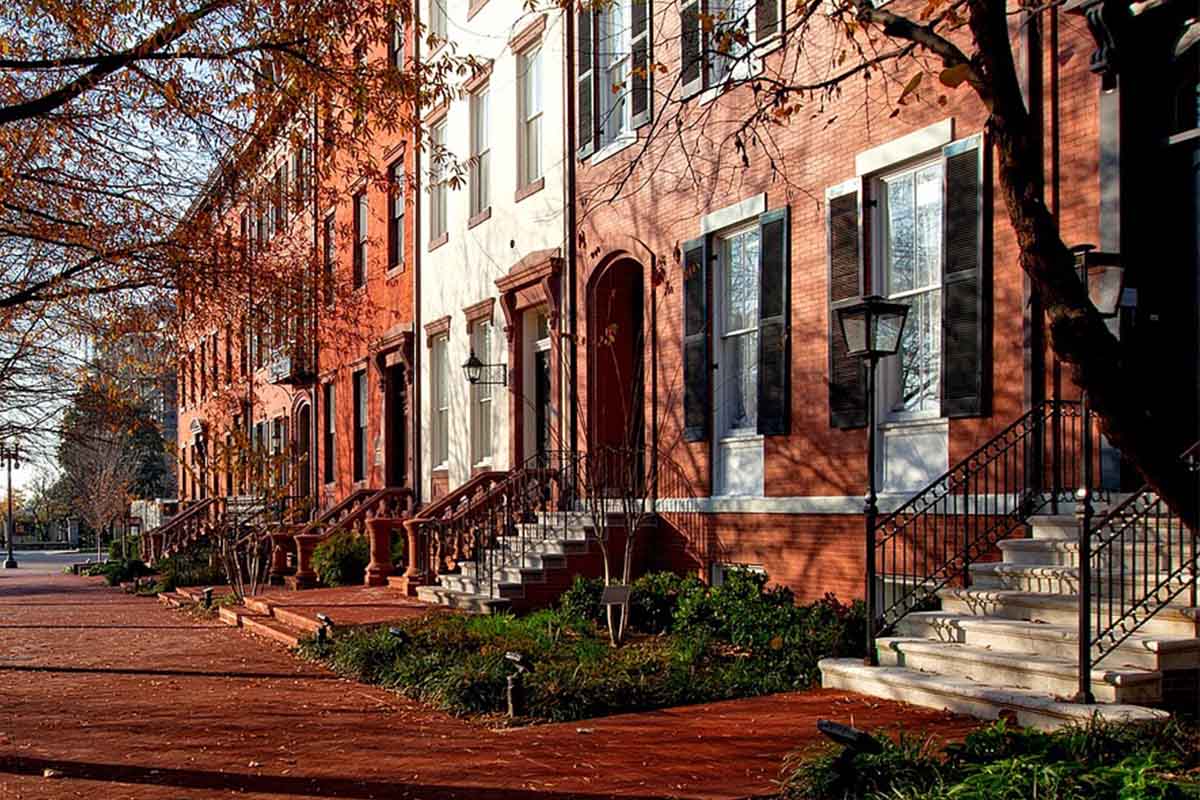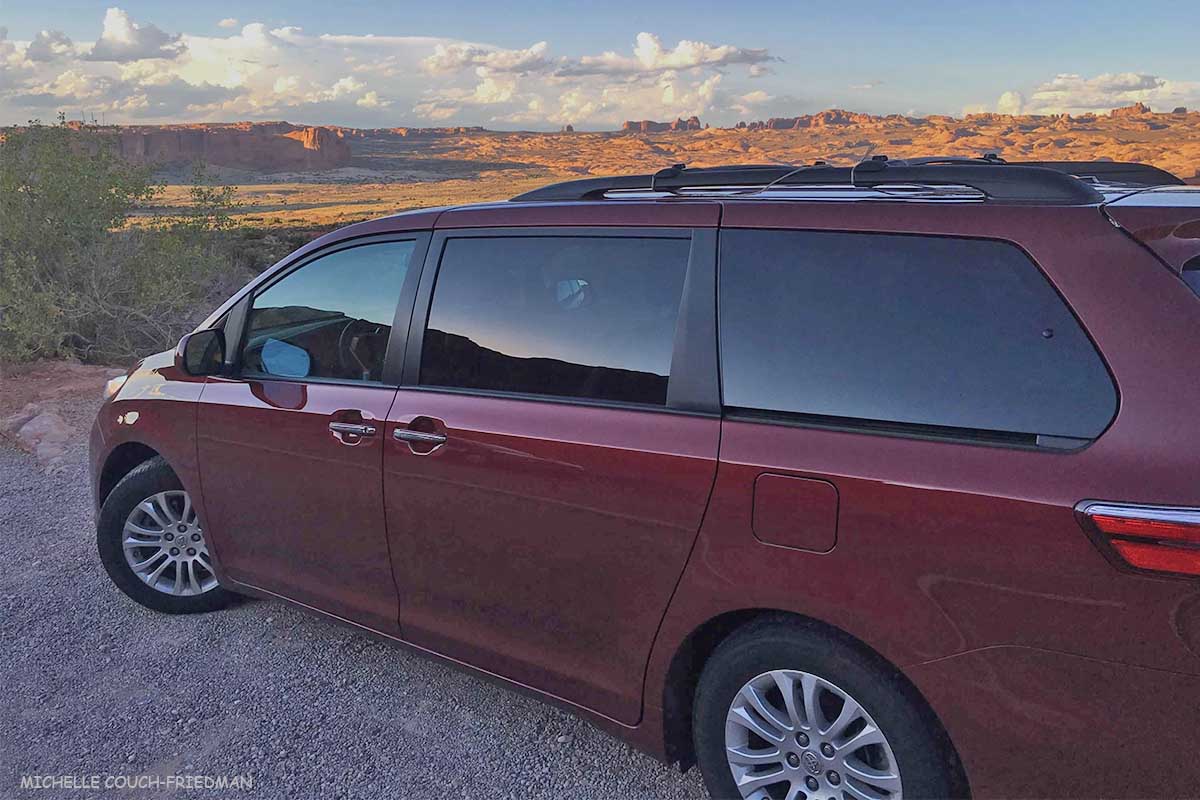Yevgeniy and Artyom Yevtushenko flew LOT Airlines from Toronto to Astana, Kazakhstan, via Warsaw, Poland, last June without a hitch. But it was a different story when they tried to check in for their flight back to Canada in August. That’s when a stern LOT Airlines agent reviewed their passports and quickly denied boarding to the father and son.
Confused by the employee’s announcement, Yevtushenko assumed there was some mistake that the airline could easily correct. That is until a supervisor appeared who promptly ended that assumption. He confirmed that LOT Airlines was required to deny boarding to the pair because they were missing Canadian visas.
But the agents had some good news for the rejected passengers. Since their ultimate destination was Grand Rapids, Michigan, LOT could reroute the pair and avoid Canada altogether. However, there was bad news as well: the new itinerary would cost an additional $2,249.
Given no other choice, a frustrated Yevtushenko paid the fee, and he and his son flew home to Michigan.
Now, Yevtushenko is asking Consumer Rescue for help getting the money back. He hopes we can convince LOT Airlines that its employees mistakenly denied boarding to him and Artyom. They didn’t need Canadian visas, and he can prove it – if only someone would listen and look at the facts.
If you’re familiar with our team, then you know he came to the right place to find someone willing to listen.












